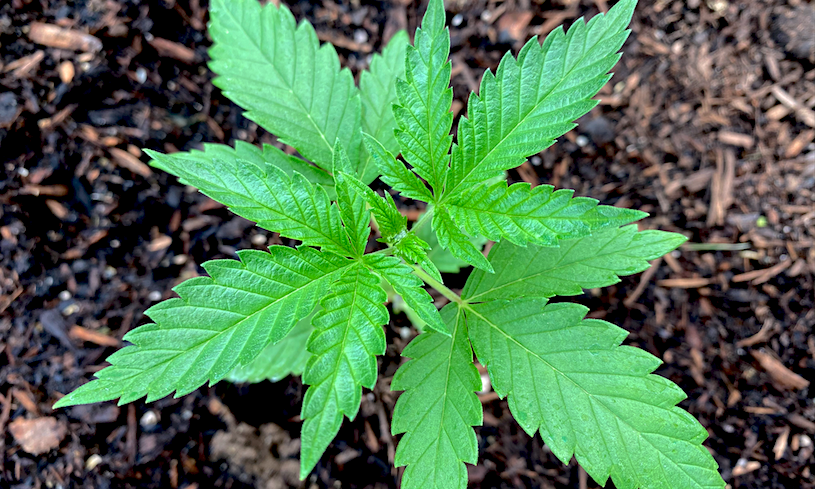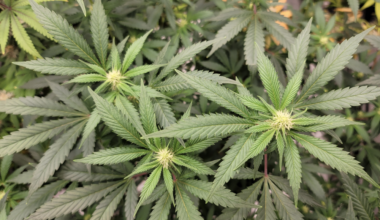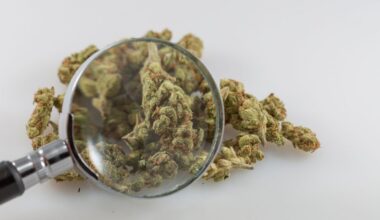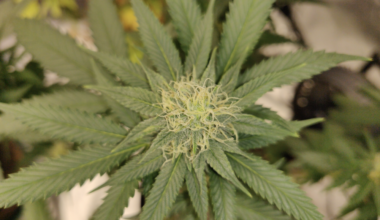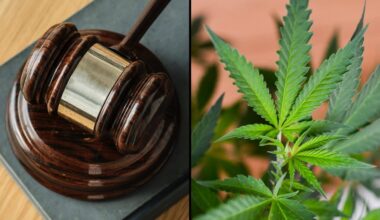“The legalization of cannabis in Arizona has been a boon for our economy and the state tax coffers.”
By David Abbott, Arizona Mirror
Medical marijuana sales in Arizona continued to slide in March, dropping for the fifth consecutive month as recreational adult-use cannabis sales soared to new heights.
The Arizona Department of Revenue also revised February sales upwards by several million dollars.
In March, medical marijuana dipped to below $50 million for the first time since recreational sales began in January 2021, registering just $49.4 million.
Medical sales peaked at nearly $73 million in March 2021, then fluctuated from the mid-$60 millions for the next six months. Since October, medical marijuana sales have dropped by at least $1.5 million every month.
Recreational sales have rebounded after a small lull in January 2022, going up at least $2 million per month in February and March, which totaled $72.3 million alone.
Total sales for both programs in March were $121.8 million.
State tax analysts also revised February sales: Estimated medical sales were adjusted upward by $1.2 million to $53.7 million, while adult-use cannabis sales clocked in at $2.3 million more than previously believed, landing at almost $71 million.
The revised total for all cannabis sales in February was $123.8 million.
Recreational sales have been rising consistently since March 2021, when sales hovered around $60 million.
Tax collections in March rose to $21.3 million, with $4.1 million from medical sales, $5.6 million in sales taxes for all cannabis sales and $11.9 from the 16 percent excise tax on recreational sales.
The state collects a 16 percent excise tax on recreational sales in addition to the 5.5 percent state sales tax. Medical marijuana patients pay just the sales tax. Cannabis users also pay city and county sales taxes.
Tax collections for cannabis sales in Arizona have steadily increased throughout the first year of legal recreational sales, and legislative budget analysts released a report in March showing that cannabis taxes have surpassed alcohol and tobacco taxes for the first time.
“The legalization of cannabis in Arizona has been a boon for our economy and the state tax coffers,” Arizona Dispensary Association Executive Director Sam Richard said. “The financial benefits are important but the social impact cannot be understated, as citizens no longer have to live in fear of having their lives disrupted by low level marijuana arrests and convictions.”
According to the Joint Legislative Budget Committee, marijuana taxes in March totaled more than the state’s tobacco and liquor taxes combined: Tobacco taxes yielded $1.7 million and the liquor tax added $3.7 million to the state’s general fund. But marijuana sales taxes were $6.3 million, with $4.7 million going to the general fund, $1 million distributed to counties and $631,124 to cities.
The JLBC report does not include education, city and county taxes—local jurisdictions charge an additional 2 percent or so for all marijuana sales—nor the excise tax on recreational sales, as the excise tax is distributed to specific programs outlined in Proposition 207.
Prop. 207, approved by voters in 2020, legalized adult use of cannabis and specified public use for the excise tax.
One-third is dedicated to community and provisional community college districts; 31 percent to public safety—police, fire departments, fire districts, first responders—25 percent to the Arizona Highway User Revenue Fund, and 10 percent to the justice reinvestment fund, dedicated to providing public health services, counseling, job training and other social services for communities that have been adversely affected and disproportionately impacted by marijuana arrests and criminalization.
This story was first published by Arizona Mirror.
FDA Warns About Marijuana-Infused Copycat Foods Leading To Accidental THC Consumption
Medical Disclaimer:
The information provided in these blog posts is intended for general informational and educational purposes only. It is not a substitute for professional medical advice, diagnosis, or treatment. Always seek the advice of your physician or other qualified healthcare provider with any questions you may have regarding a medical condition. The use of any information provided in these blog posts is solely at your own risk. The authors and the website do not recommend or endorse any specific products, treatments, or procedures mentioned. Reliance on any information in these blog posts is solely at your own discretion.
